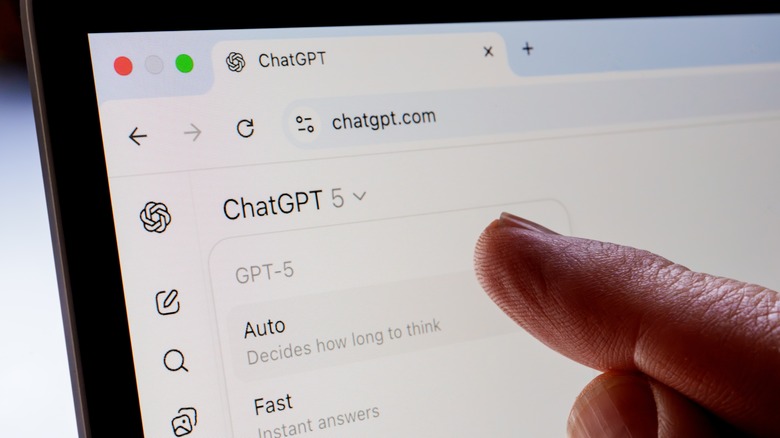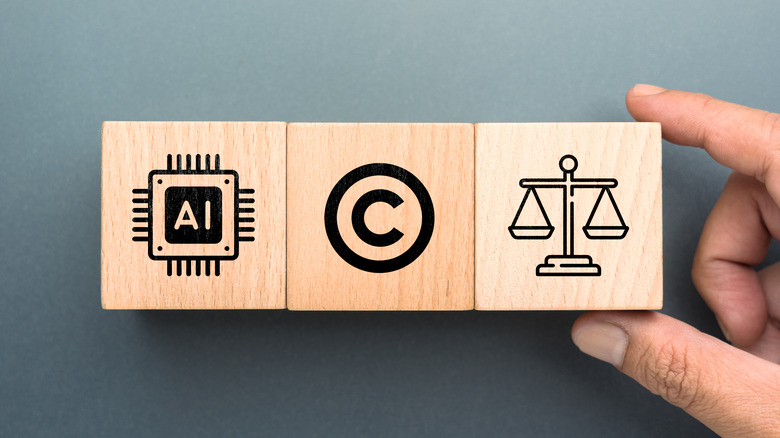Developer Offer
Try ImaginePro API with 50 Free Credits
Build and ship AI-powered visuals with Midjourney, Flux, and more — free credits refresh every month.
Landmark Author Lawsuit Could Reshape The Future Of AI
A Landmark Legal Battle for AI's Future
The AI industry may be facing its own long winter as a critical lawsuit against OpenAI, backed by renowned "Game of Thrones" author George R.R. Martin, moves forward. A group of authors filed a class-action suit in 2023, claiming that the training process and generated content from ChatGPT amount to significant copyright infringement. While this argument isn't new, it's gaining serious traction in the courts.
The internet has long tested the limits of copyright law, from the early days of fan-made GIFs to the current explosion of generative AI. This technology has taken content remixing to an entirely new level, capable of producing original-seeming works on demand. So far, the AI industry has largely operated unchecked, absorbing vast amounts of copyrighted material to train its models. However, new developments in this lawsuit suggest the tide may be turning. A federal judge has denied OpenAI's request to dismiss the case, setting the stage for a legal showdown that could either fundamentally break the AI industry's foundation or deal a severe blow to copyright law as we know it.

Judge Rules ChatGPT's Output is 'Substantially Similar'
George R.R. Martin and his fellow authors are positioned for a major confrontation with OpenAI. U.S. District Judge Sidney Stein has rejected OpenAI's motion to dismiss the lawsuit, allowing the consolidated case to proceed. This suit includes several other literary heavyweights, such as Pulitzer Prize winner Michael Chabon and National Book Award recipient Ta-Nehisi Coates.

Judge Stein's decision was heavily influenced by a direct comparison between Martin's "A Song of Ice and Fire" series and a summary generated by ChatGPT. As reported by Publishers Weekly, the AI's output was remarkably detailed, recreating the plot, characters, and overall tone of the novels. Furthermore, Business Insider noted that when the AI was prompted to generate sequel ideas, its suggestions were close enough to Martin's original work that the judge could not dismiss the possibility of a copyright violation. In his ruling, Judge Stein wrote, "A reasonable jury could find that the allegedly infringing outputs are substantially similar to plaintiffs' works."
The Heart of the Case: Copyright vs. The Right to Copy
The authors' case against OpenAI and its partner, Microsoft, is built on three core arguments. The first centers on the training data itself. Large language models like ChatGPT are trained on immense datasets of text to learn language patterns, and books are a vital part of this process. The authors argue that this training, which involves copying their work without permission, is a form of copyright infringement.

The second argument is more straightforward, focusing on how the training data was obtained. The plaintiffs allege that the books were sourced from "shadow libraries"—large, illegal collections of pirated content. They argue that the act of downloading these books was illegal, regardless of their intended use for AI training.
However, it was the third argument that proved most persuasive to the judge: that ChatGPT's output is so similar to the original copyrighted material that it constitutes infringement. OpenAI is expected to defend its practices under the "fair use" doctrine, which allows for limited, transformative use of copyrighted content. But applying fair use to AI-generated content would dramatically expand the doctrine's scope. A critical factor in fair use cases is whether the new work harms the market for the original, a legal test that other AI applications have struggled to pass. This lawsuit will force a direct confrontation between the rights of creators and the voracious data appetite of the AI industry.
Compare Plans & Pricing
Find the plan that matches your workload and unlock full access to ImaginePro.
| Plan | Price | Highlights |
|---|---|---|
| Standard | $8 / month |
|
| Premium | $20 / month |
|
Need custom terms? Talk to us to tailor credits, rate limits, or deployment options.
View All Pricing Details

